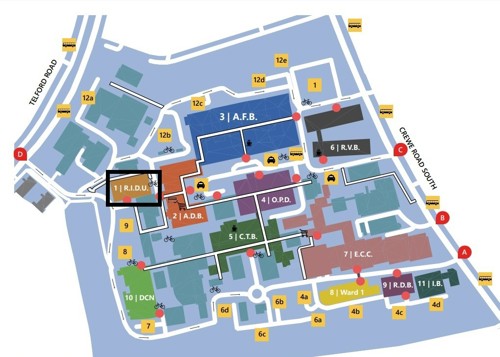Who to refer:
- Referrals for consideration of Infectious Diseases admission/transfer
- Individuals presenting with fever or other infective symptoms following travel
- Individuals for whom a bedside infection consult service review is required (this can be requested through any infection specialist).
- Individuals with invasive/severe infection with difficult-to-treat or unusual organisms where treatment regimens are not well-established or infection specialist assessment of source/disseminated infection would be beneficial
- Individuals with suspected or confirmed tropical infections
- Clinical advice for inpatients who are living with HIV
- Advice on treatment of inpatients with confirmed COVID-19
- Inpatient guidance is available here: COVID-19 treatment guidelines.
- Outpatient guidance is available here: COVID 19 – RefHelp (nhslothian.scot)
Infection advice is also available from these sources:
- Microbiology advice requests (including antimicrobial advice not covered by the NHS Lothian Antimicrobial Prescribing Guidelines and result interpretation) should be directed to extension 63373 option 4. Advice on making a good referral is here
- Virology advice requests relating to diagnostics should be directed to extension 63373 option 2, or to loth.virologyadvice@nhs.scot (for healthcare professionals only)
- Infection prevention and control advice.
- Information about laboratory diagnostics - Edinburgh Lab Med Website.
- Consult RefHelp for primary care infection advice in NHS Lothian.

